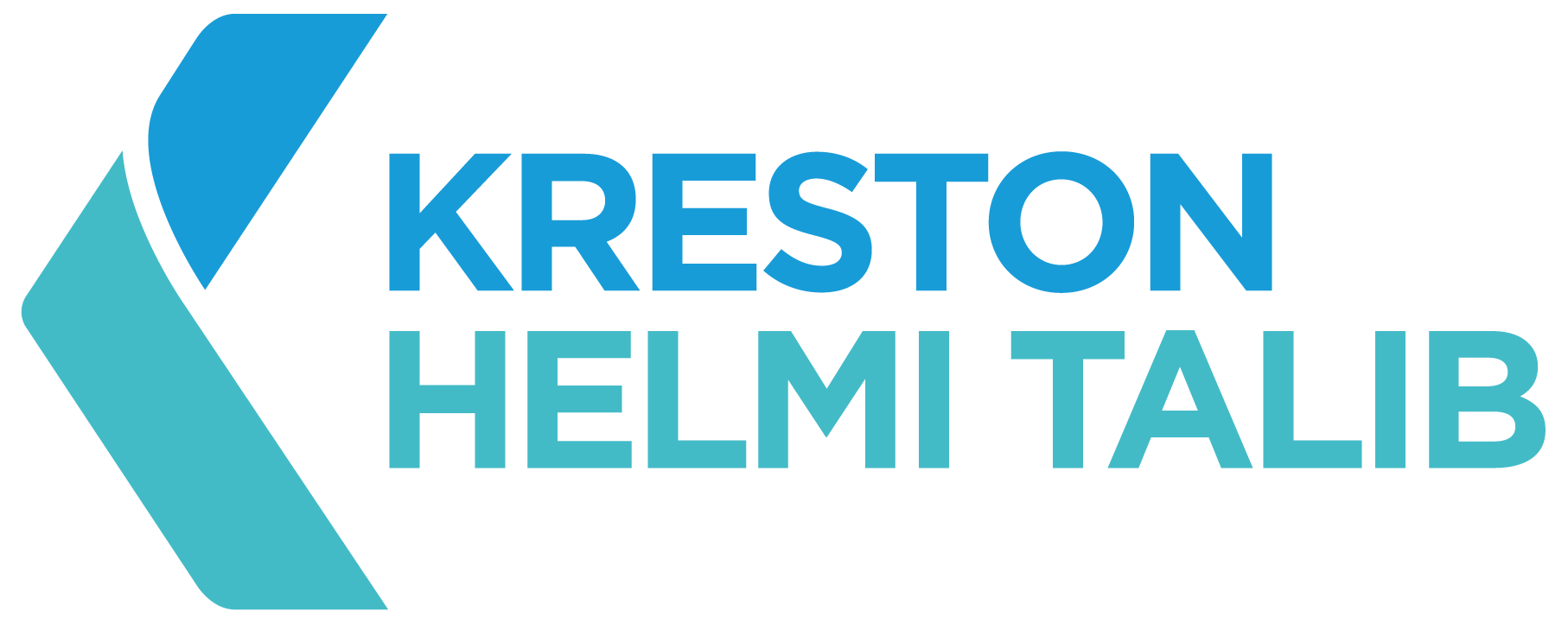Singapore is home to more than 5,000 maritime establishments, holding headquarters of 140 of the world’s top shipping groups. With the added advantage of having several pro-business government policies, setting up a maritime business in Singapore is quick and easy.
This section will take you through the essentials to setting up a shipping company in Singapore and the benefits that the country has to offer to such businesses.
Setting up a business involves three major steps as given below-
- The first step to setting up any business is incorporation. All companies in Singapore are bound by the Companies Act and required to registered with the Accounting and Corporate Regulatory Authority (ACRA).
- The second step is setting up an office premise to establish your shipping company. Entrepreneurs and foreign companies who have made the decision to start or expand their business in Singapore can choose from a wide range of office space options available in the city. For further details, check out our guide on Office Spaces in Singapore.
- The third step is hiring employees. When hiring employees to work onboard shipping vessels, a valid Port Limit Manning Licence must be obtained, which will be discussed further below.
- Maritime Sector Incentive– The Maritime Sector Incentive (MSI) helps shipping enterprises to grow their businesses in Singapore. It comprises of 3 awards namely,
- MSI-Approved International Shipping Enterprise (MSI-AIS) Award- An MSI-AIS company will enjoy tax exemption on qualifying shipping income for either:
- a 10-year renewable period; or
- a 5-year non-renewable period, with the option of graduating to the 10-year renewable award at the end of the 5-year period, if qualifying conditions are met.
- MSI-Approved International Shipping Enterprise (MSI-AIS) Award- An MSI-AIS company will enjoy tax exemption on qualifying shipping income for either:
- MSI- Maritime Leasing (MSI-ML) Award- Benefits of this award include,
- Ship or container leasing companies, business trusts or partnerships will enjoy tax concessions for up to 5 years on their qualifying leasing income under the MSI-ML award.
- An approved manager of the asset-owning entity will be awarded a concessionary tax rate of 10% on its qualifying management income.
- Operating and qualifying finance leases are both covered under the MSI-ML award to allow asset-owning flexibility in leasing and chartering options.
- MSI- Shipping-related Support Services (MSI-SSS) Award- An approved MSI-SSS company will enjoy a concessionary tax rate of 10% on the incremental income derived from the provision of qualifying approved shipping-related support services for a 5-year renewable period.
- Block Transfer Scheme (BTS)- The BTS gives an 80% discount over the initial registration fee (IRF) to shipowners who register their ships fulfilling the BTS criteria. Under the BTS, the vessel would be registered at the rate of $0.50 per NT subject to a minimum of $1,250 for 2,500 NT and maximum of $20,000 for 40,000 NT. For more details, click here.
- Withholding Tax (WHT) Exemption– To further promote the growth of the maritime sector, qualifying shipping enterprises will enjoy WHT exemption on interest and related payments made in respect of arrangements obtained to finance the purchase or construction of vessels, or the purchase of containers and intermodal equipment. For further details, click here.
- Maritime Cluster Fund (MCF)- Introduced by the Maritime and Port Authority of Singapore (MPA), the Maritime Cluster Fund (MCF) facilitates the growth of Singapore’s maritime cluster by supporting the industry’s manpower and business development efforts as well as its drive for productivity improvements. It consists of 3 key components:
- MCF- Manpower Development
- MCF- Business Development
- MCF- Productivity.
Whether you are a start-up looking to establish your first office, or a multinational corporation seeking to expand your presence in Singapore or the Asia Pacific region, our team of professional staff are sure to deliver service excellence that meet your expectations.
All materials have been prepared for general information purposes only. The information presented in this document is not legal advice, is not to be acted on as such, may not be current and is subject to change without notice. Professional advisory should be sought before taking or refraining from any action as a result of the contents of this document.
